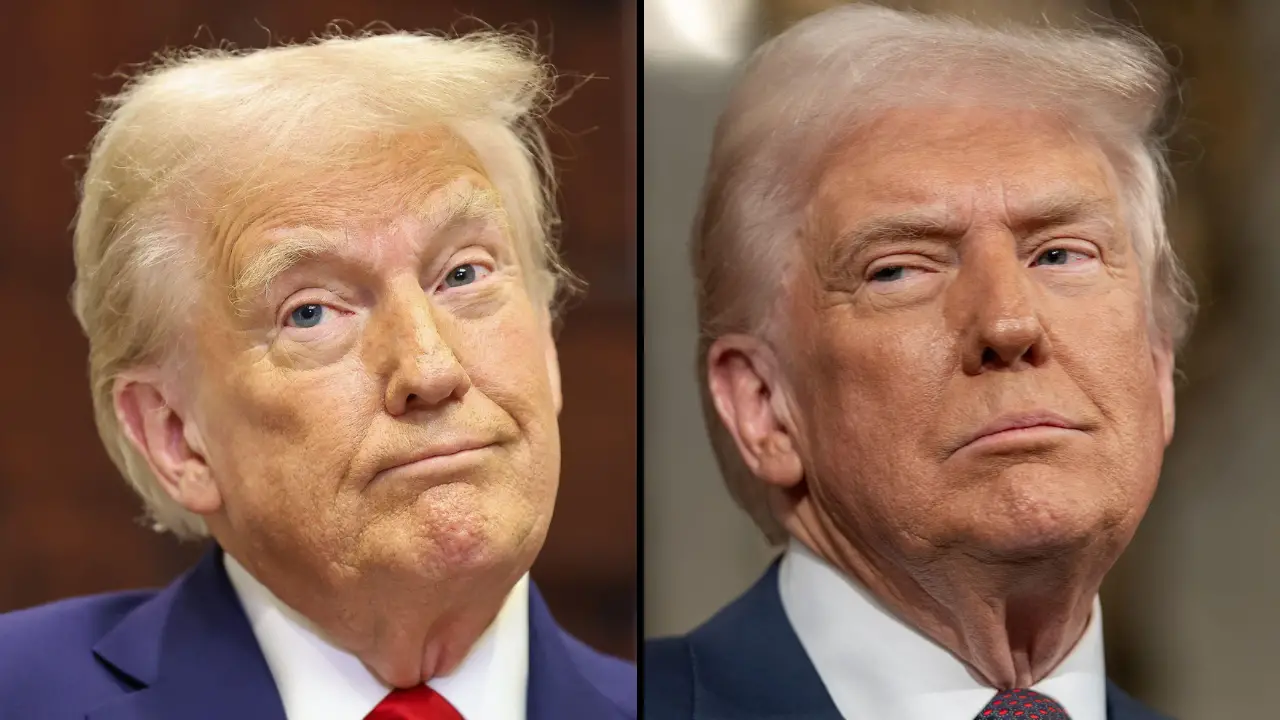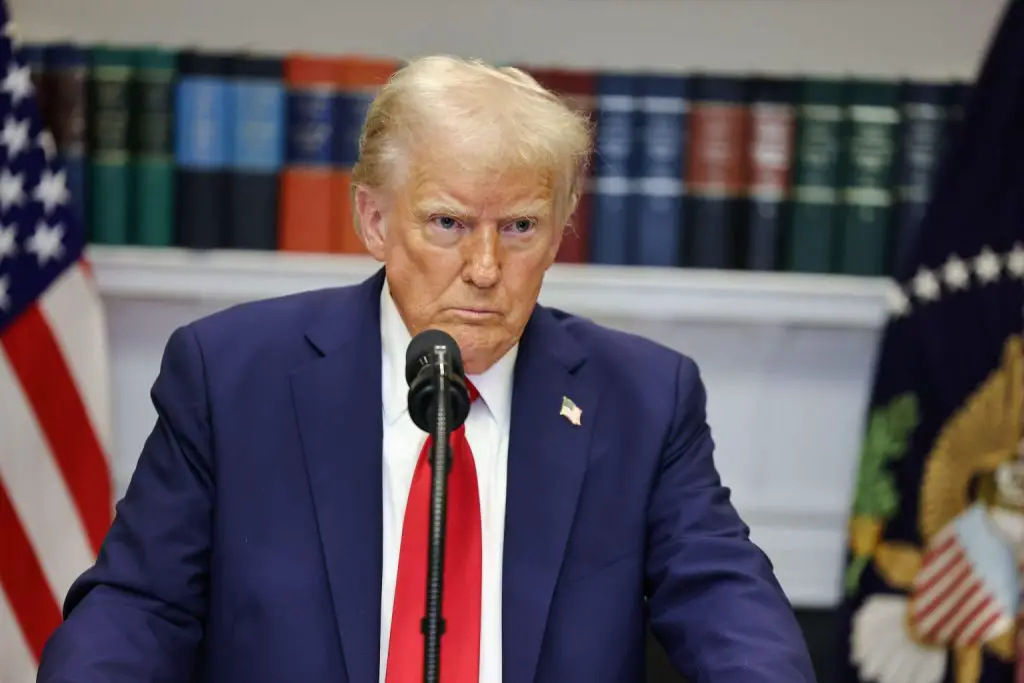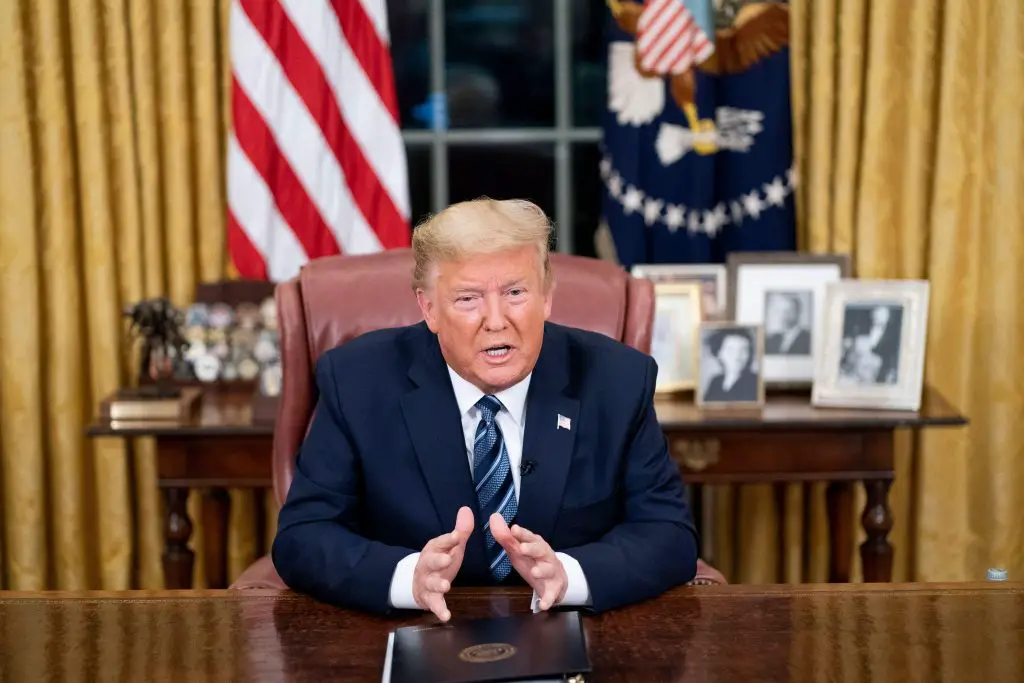Donald Trump Claims He’s Invented A ‘New Word’ But People Have One Problem

President Donald Trump recently made headlines once again—not for a policy move, but for a linguistic slip-up that quickly went viral. While discussing his administration’s plan to lower prescription drug prices, Trump boldly claimed to have invented a “new word” called “equalize.” However, language experts and social media users were quick to point out that the term isn’t new at all. Originating from the Late Latin word aequalizare in the late 15th century, “equalize” has been part of the English language for centuries, much to the amusement of critics and viewers alike

This isn’t the first time Trump’s unique approach to language has drawn attention. Over the years, he’s frequently put his own spin on words, often praising some of his favorites like “tariff” and “groceries.” While some supporters see this as part of his unconventional charm, others believe these moments highlight a troubling disconnect from facts and historical knowledge. The recent claim sparked a wave of ridicule online, with many pointing out the irony of a president asserting ownership over a centuries-old term.

The episode reveals more than just a linguistic blunder—it underscores the deep divide in public perception of Trump’s communication style. For critics, it reinforces a narrative of exaggeration and misinformation, while his followers might shrug it off as part of his bold personality. Regardless of perspective, the viral incident highlights how even a single word can ignite a heated discussion about leadership, credibility, and the power of language in modern politics.
